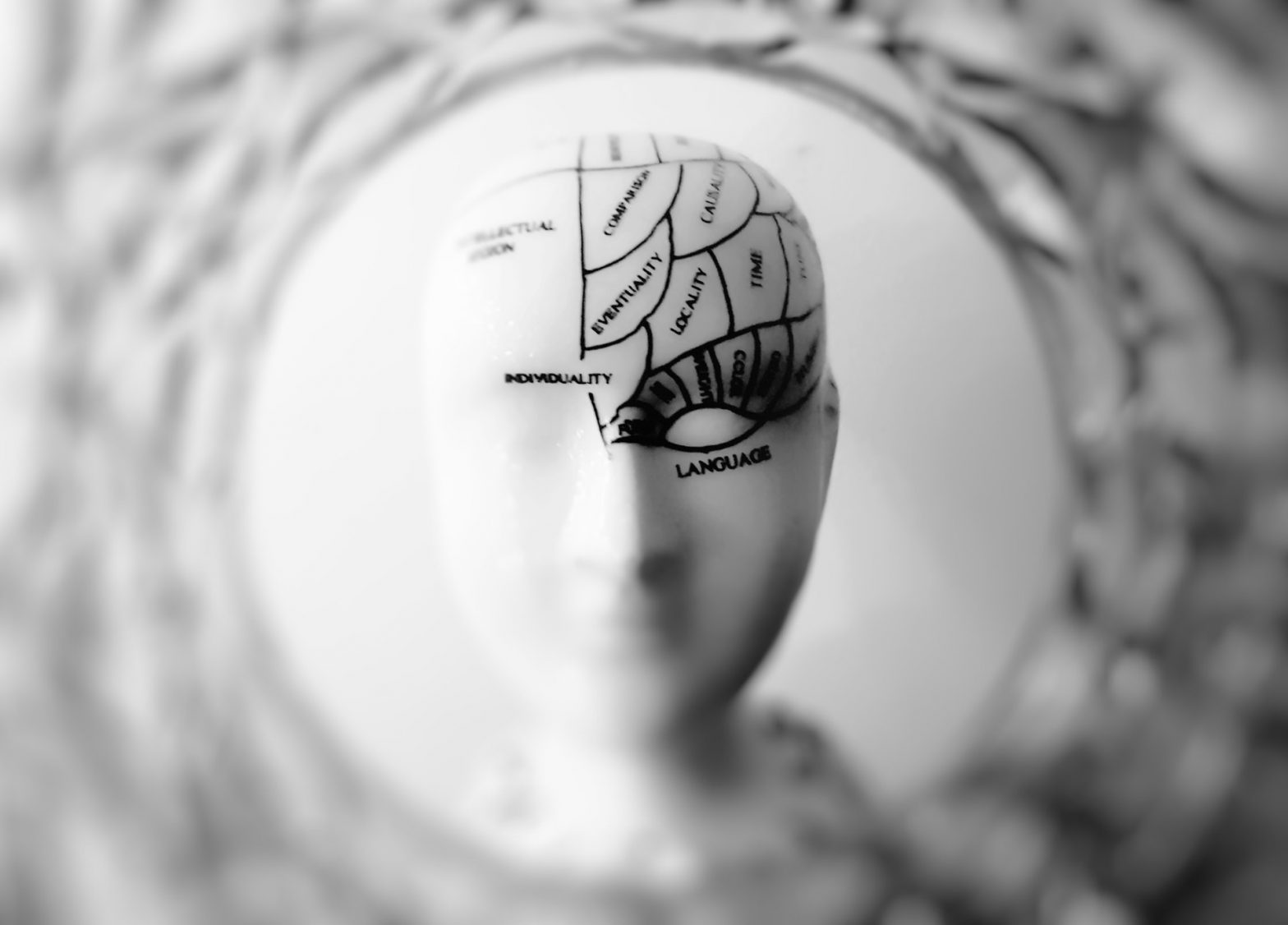Studying The Brain Functions
In this talk Markus Heilig presents new findings in the science of addiction, as viewed from a neuroscientific view point. Dr Heilig is a professor of psychiatry and the founding director of a new Center for Social and Affective Neuroscience at Linkoping University. His research group studies brain processes connected to stress and negative emotionality and how these contribute to psychiatric disorders including addictive disorder.
In this video Dr Heilig illustrates the role social exclusion plays in the addictive cycle. He begins the talk by illustrating that while early on in an addicts using history the brain’s reward center is primarily responsible for triggering using behavior, this is not the case by the time an addict is seeking help. At this point in the life cycle of addiction the individual is not being motivated by the brain’s reward center he or she is now being driven to action through the brain stress and aversion system. That is to say early on in someone’s substance use, they are trying to capture a good feeling, but by the end they are trying to avoid feeling miserable. The stress and aversion system has been compromised in such a way that it is overactive. The addicts brain is super sensitive to feelings of stress, anxiety, and fear. Meaning that in the absence of a mood altering substance the addict is plunged into a state of misery.
Understanding The Damage

This damage to the brain, and its particular instantiation is complicated by our very nature a social group orientated primates. For us, as humans, one of the most profound stressors is social exclusion, being marginalized. The particular problem for addicts in this respect is that their lifestyle creates, by its nature social exclusion. Acute experiences of these stressors drive craving. Intense craving causes relapse. Relapse begets behavior that results in social exclusion. This cycles is repeated over and over again. Dr Heilig states, that unless we can create an intervention in this cycle by offering alternative measures to diffuse the stress the addict has little hope of recovery.
While neuroscience may be a long way from “curing” addiction. As a discipline they have begun to take the problem seriously. At Granite Mountain Behavioral Healthcare we also take addictive disorder seriously. Our program is based on current neuroscientific research. We engage in physical exercise as a way to generate neuroregeneration within our patient population. In effect we are working to undo the damage to the brain’s stress and aversion system that has rendered it hyperactive. We do this in a community setting that is grounded in an effort to help our patients feel a real sense of connection with each other and with the staff. Working to minimize or eliminate feelings of social exclusion within our community. We are attacking the addictive cycle on at least two fronts each day.
As the science of addiction continues to evolve so will our program in lock step. We are committed to bringing to bear the newest advances for the benefit of our patients. We are currently working to develop a fully realized nutritional component to our program. This element of programing won’t simply be about nutrition for general health and wellbeing. Rather it will be a nutritional plan specifically designed to support and create neuroregeneration.
If you or a loved one is suffering from addiction please contact us.
Until next time
Your friend in service,
Rob Campbell
VP of Communications & Market Development
If you or someone you love is struggling with substance use disorder please contact us today



